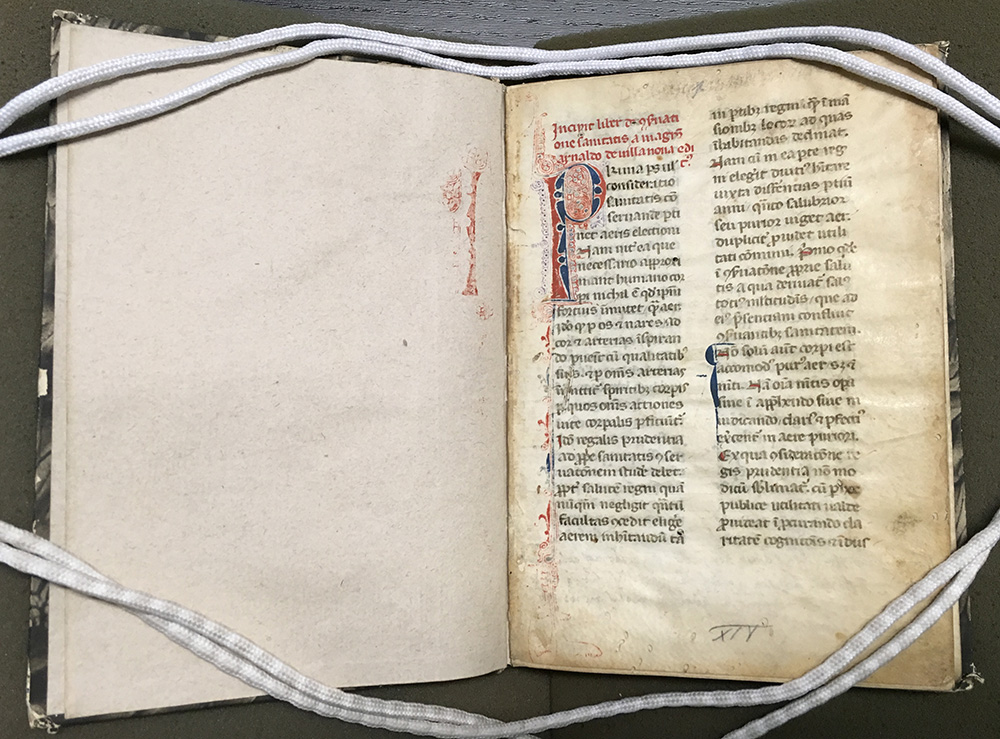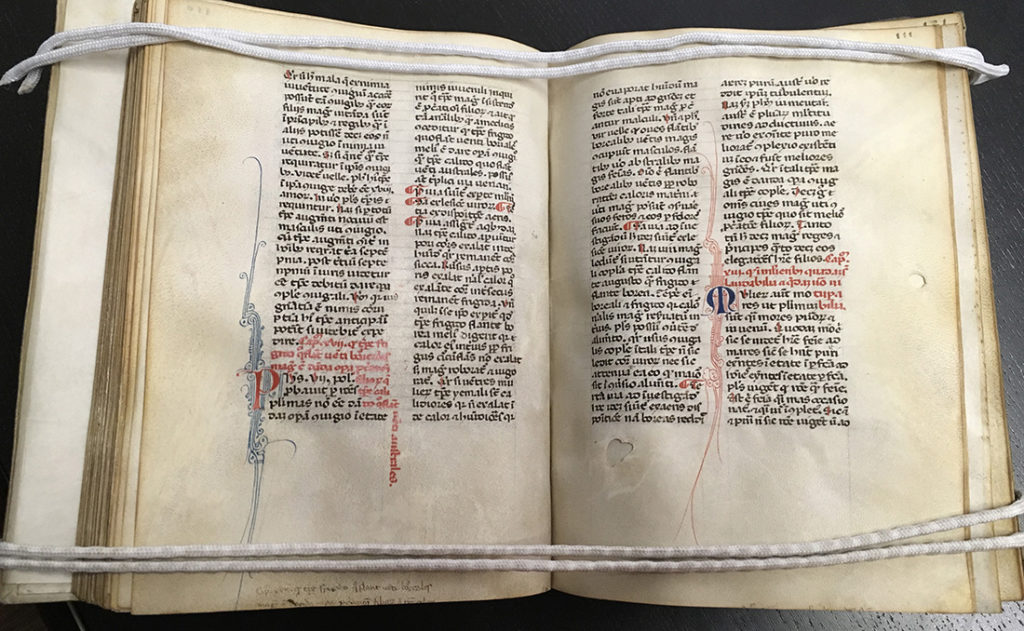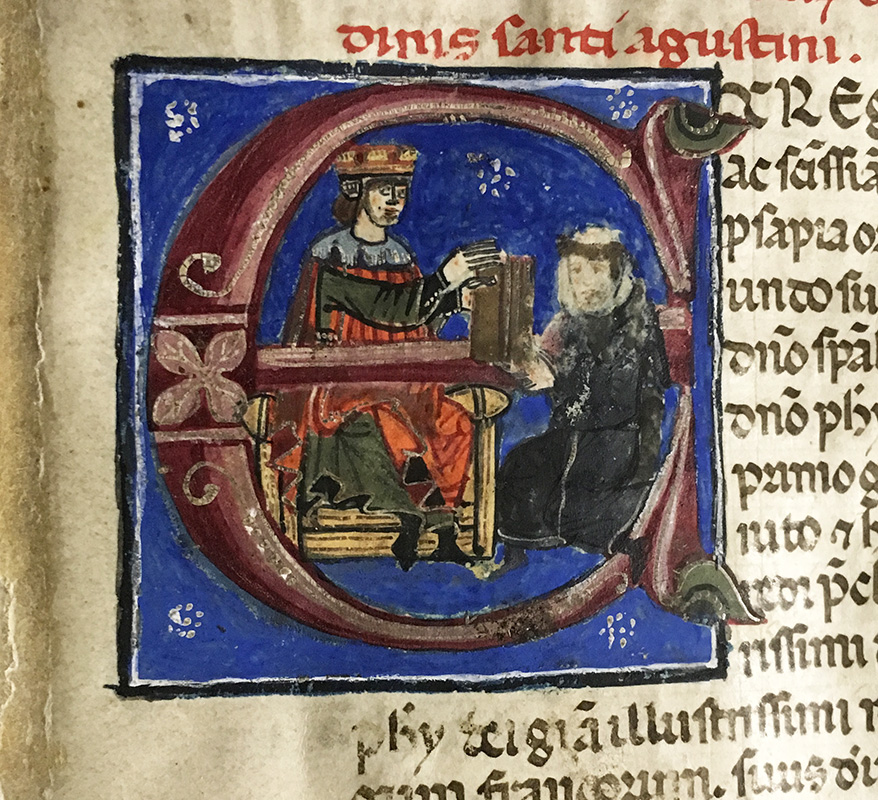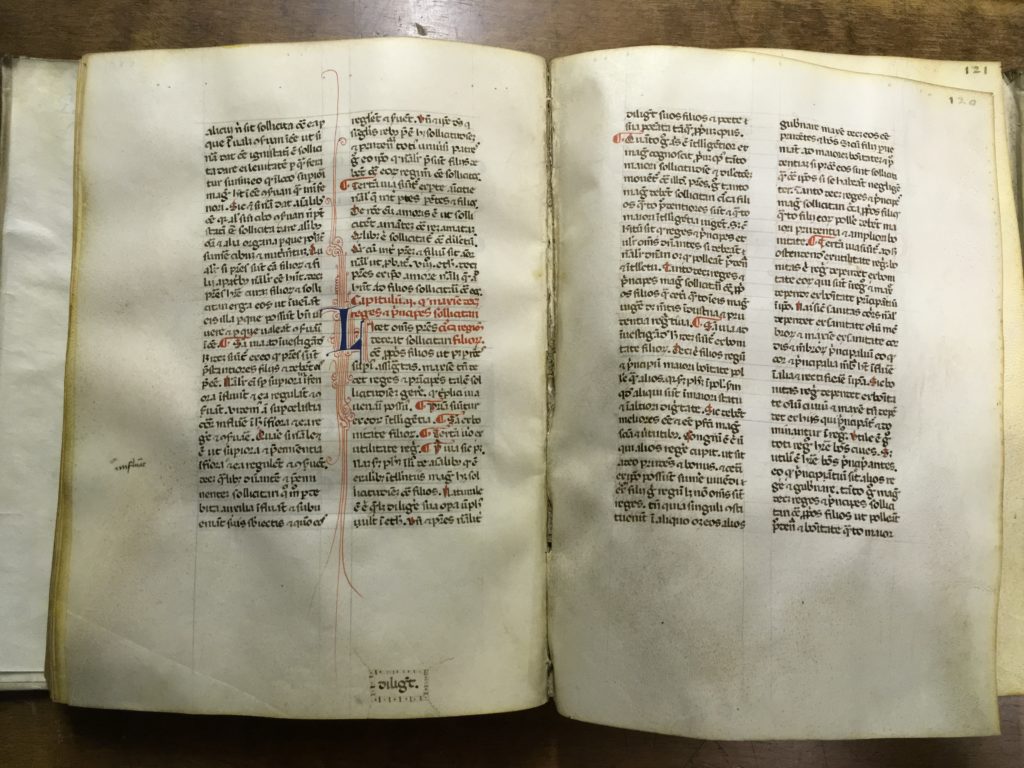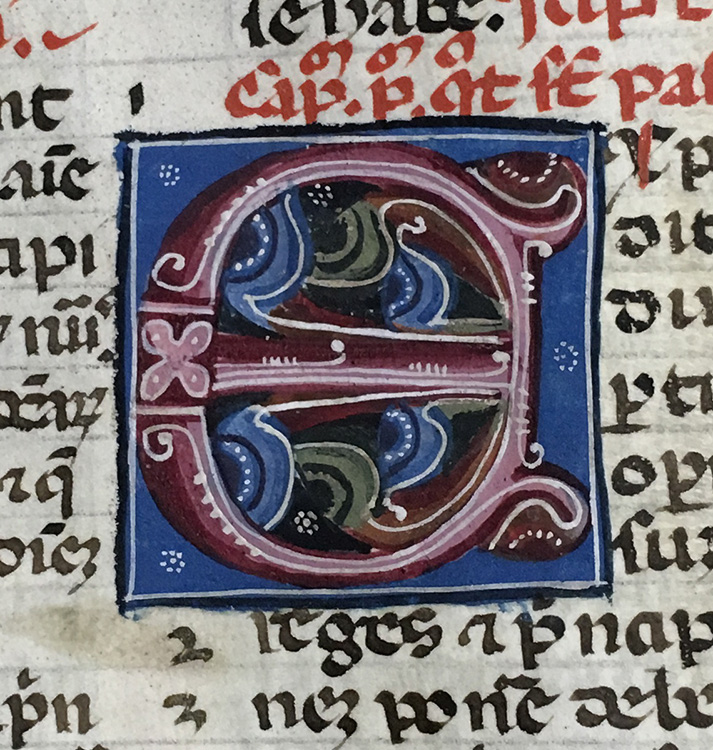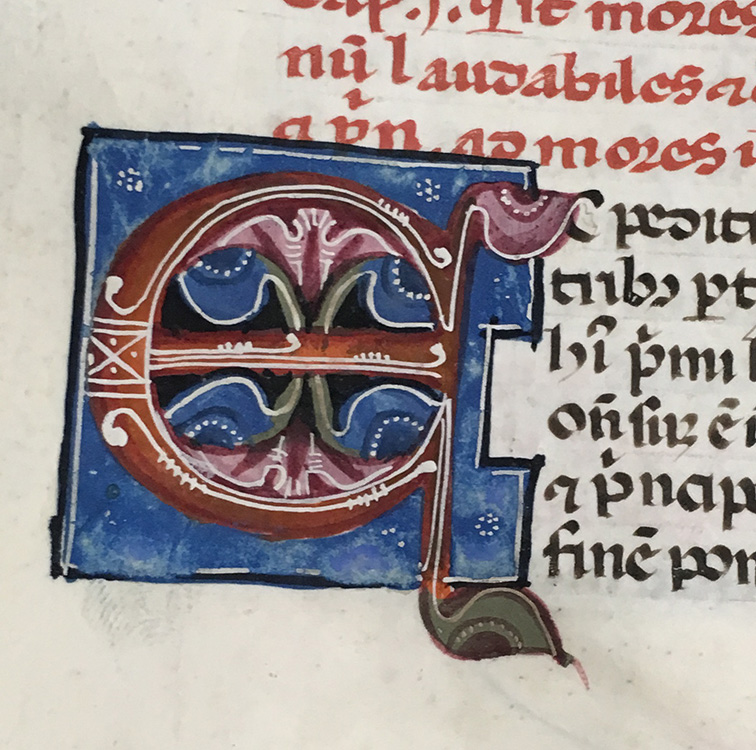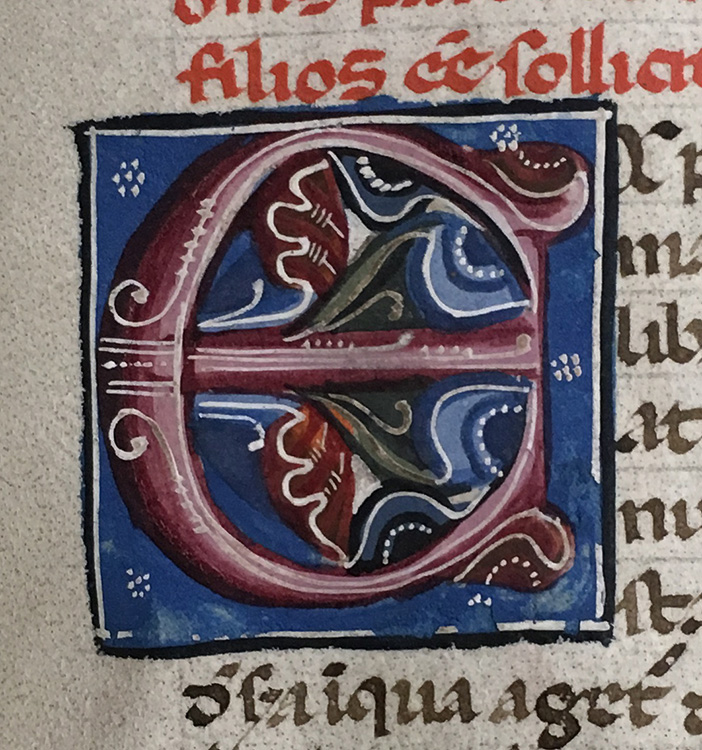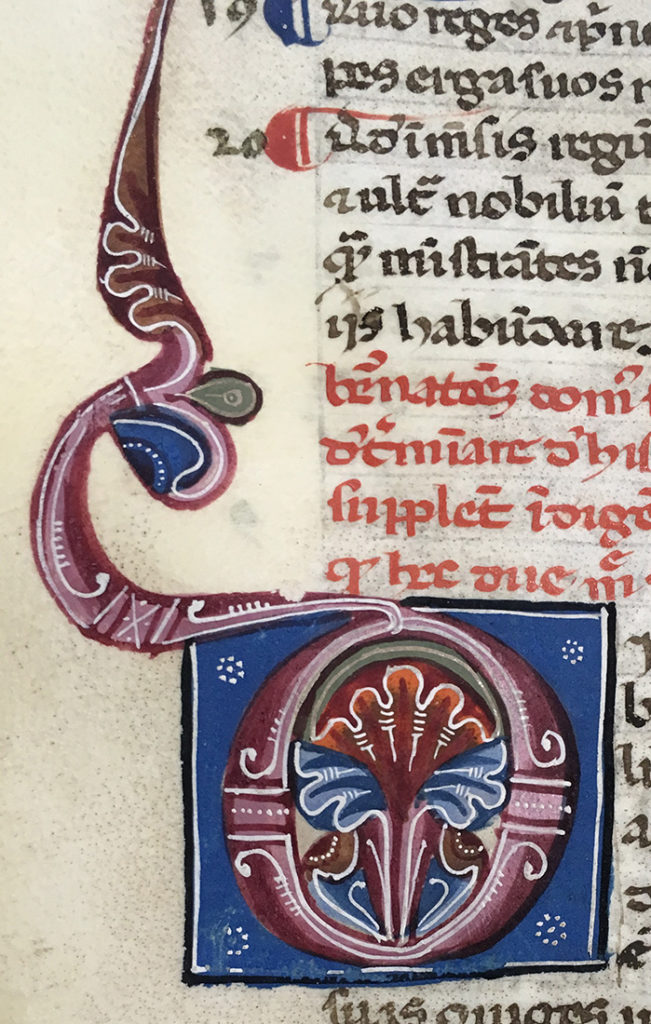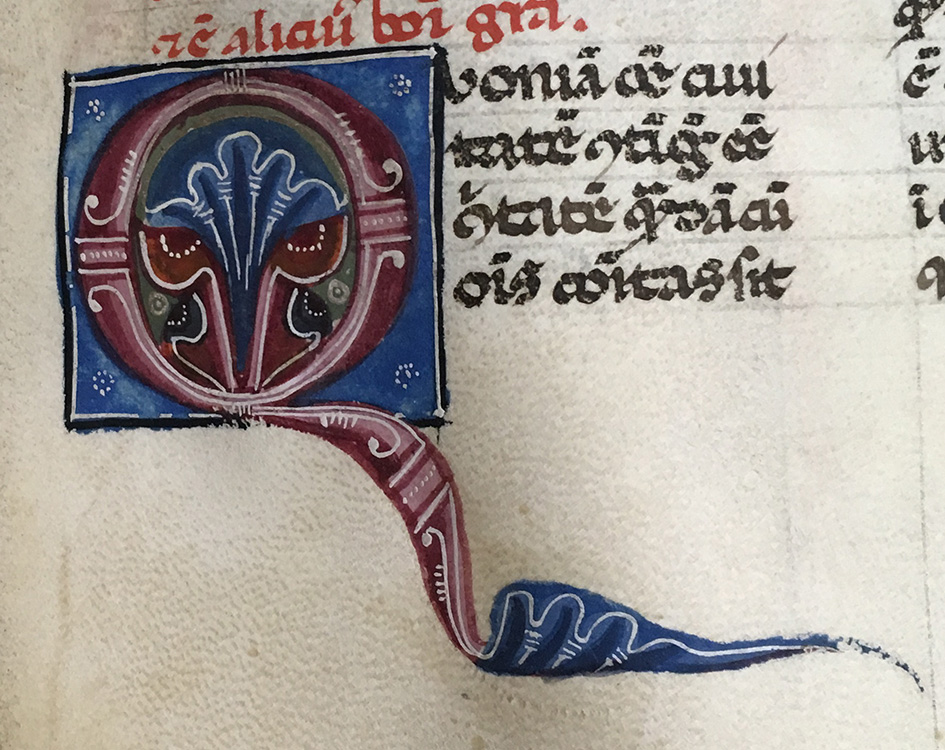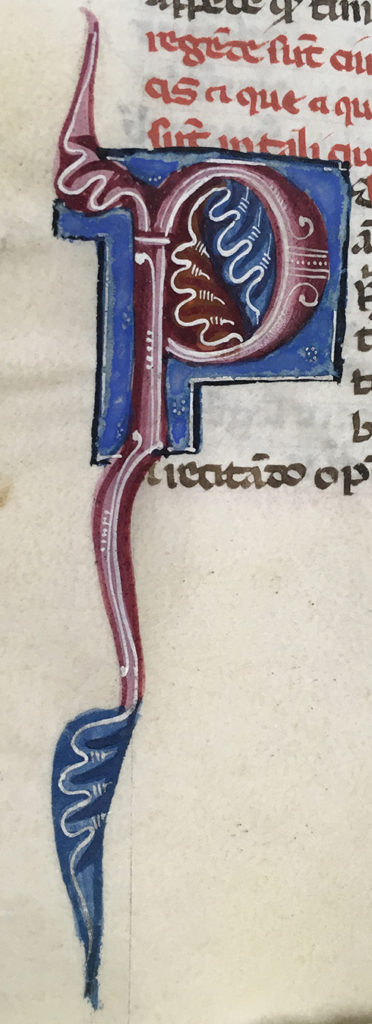– by Wood Institute travel grantee Heather Christle*
In 1906, Alvin Borgquist–a little-known graduate student at Clark University–published the world’s first in-depth psychological study of crying, and then appears to have vanished back into a quiet, private life in his native Utah. His study is moving, strange, detached, threaded through with the racist and colonialist assumptions common to this era (and, distressingly, our own). The questionnaire he crafted to solicit data on typical crying behaviors fascinates me, forming as it does a kind of accidental poem. Here, for instance, is Borgquist’s first question:
As a child did you ever cry till you almost lost consciousness or things seemed to change about you? Describe a cry with utter abandon. Did it bring a sense of utter despair? Describe as fully as you can such an experience in yourself, your subjective feelings, how it grew, what caused and increased it, its physical symptoms, and all its after effects. What is wanted is a picture of a genuine and unforced fit or crisis of pure misery.[1]
Read more
